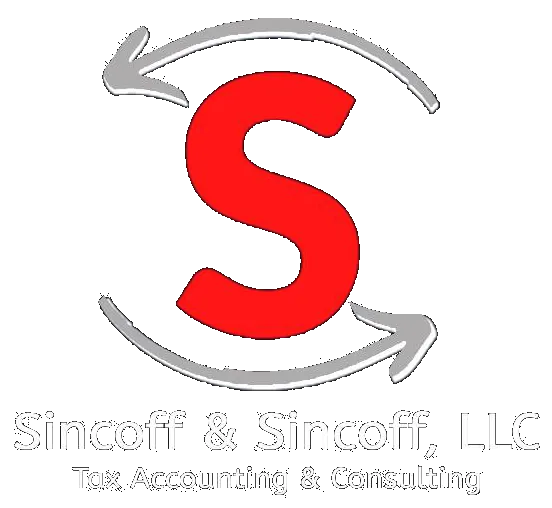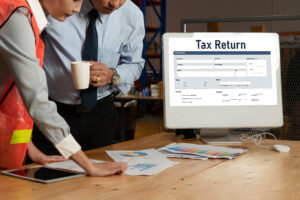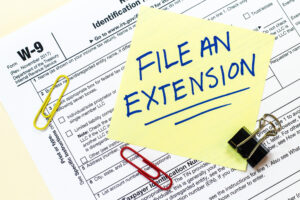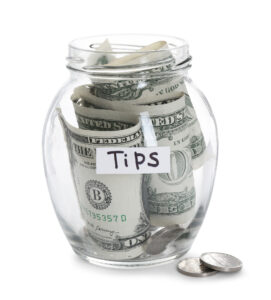Ugh, tax season. Just typing those words makes my stomach turn a little, and I’m betting you feel the same way. But here’s the thing—I’ve been helping New Jersey business owners with their taxes for years, and the ones who get started early are always way less stressed come April. They’re also the ones who usually end up paying less in taxes because they actually find deductions they didn’t know existed.
Last year, I had a client who owned a small catering business in Hoboken. She came to me in March with a shoebox full of receipts and was absolutely panicking. We ended up finding over $8,000 in deductions she almost missed, but it took us working until midnight for three straight days to get everything sorted. Don’t be that person. Trust me, your future self will thank you for starting now.
The truth is, New Jersey makes things complicated for business owners. We’ve got state taxes, local taxes, and then all the federal stuff on top of it. But if you know what you’re looking for and get organized early, it’s totally manageable. I’ve seen tiny businesses save thousands just by keeping better records and understanding what they can actually deduct.
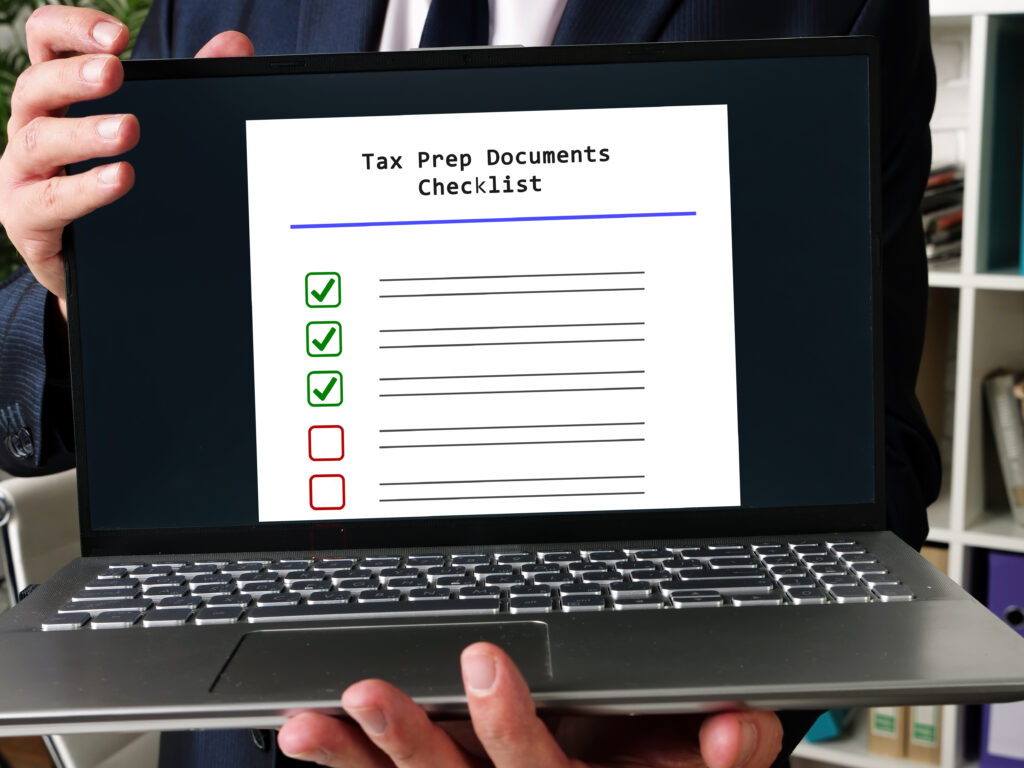
Business Tax Prep Requirements
Getting Your Paperwork Together (The Boring But Important Stuff)
Okay, let’s talk about the paperwork mountain you need to climb. I know it’s about as exciting as watching paint dry, but this is where most people either save or lose money.
First up: bank statements. All of them. Every single month from last year. I don’t care if you think February was boring—get those statements. Your business checking account, savings account, credit card statements, even that PayPal account you sometimes use for business purchases. Everything needs to be accounted for.
Here’s what drives me crazy: business owners who mix personal and business expenses on the same credit card. Please don’t do this to yourself. It makes everything ten times harder when tax time comes around. But if you did do it (and I won’t judge), you’re going to need to go through every single transaction and figure out what was business and what was personal.
Receipts are your best friend. I mean everything—gas for business trips, that box of printer paper from Staples, lunch with a potential client, software subscriptions, even the $3 you spent on parking when you went to pick up business cards. If it was for your business, keep the receipt. I suggest taking photos of receipts with your phone right when you get them. How many times have you found a crumpled receipt in your pocket after it went through the wash?
The Payroll Headache
If you have employees, payroll records are going to be a big deal. You need all the W-2s you issued, quarterly payroll tax returns, and records of any payroll tax deposits you made. If you hired contractors and paid them more than $600, you should have issued 1099s by now. If you haven’t… well, that’s a problem we need to deal with quickly.
And if you paid yourself from your business, make sure you have records of that too. The IRS wants to know about every dollar that flowed through your business, whether it went to employees, contractors, or back to you as the owner.
New Jersey’s Special Brand of Tax Complexity
Let me tell you something about New Jersey taxes—they’re not simple. The state has its own way of doing things that sometimes makes no sense compared to federal rules. I’ve been doing this for years and I still have to look things up sometimes.
If your business made more than $100,000 in gross receipts, you’re probably dealing with New Jersey’s Corporation Business Tax. Don’t let the name fool you—it applies to LLCs too if you elect corporate tax treatment. The minimum tax alone can be $500 to $2,000 depending on your business income, and that’s before you even calculate the actual tax owed.
Here’s something that catches a lot of people: New Jersey has been really aggressive about going after businesses that should be collecting sales tax but aren’t. If you sell anything online to New Jersey customers, even if you’re based in another state, you might owe New Jersey sales tax. They’ve been sending out notices left and right to businesses that thought they didn’t have to worry about it.
And don’t get me started on local taxes. Some municipalities in New Jersey have their own business taxes on top of everything else. Bayonne has a mercantile license fee. Jersey City has a payroll tax. Newark has its own business tax. It’s like every town decided to create their own little revenue stream from businesses.
The Nexus Thing That Nobody Understands
This is going to sound complicated, but stick with me. “Nexus” basically means you have enough connection to New Jersey that the state thinks you owe them taxes. It used to be pretty simple—if you had an office or employees in New Jersey, you had nexus. But now? If you’re selling online to New Jersey customers, if you have a storage facility here, if you regularly send salespeople into the state, you might have nexus.
I had a client last year who lived in Pennsylvania but had a few customers in New Jersey. Turns out, he was supposed to be filing New Jersey tax returns all along. Nobody told him. Cost him a fortune in penalties and back taxes.
Finding Every Deduction You Can Legally Take
This is where things get interesting. Most business owners leave money on the table because they don’t know what they can deduct or they’re scared of getting audited. Look, the IRS isn’t sitting around waiting to pounce on your small business deductions. They’re looking for people who are obviously cheating, not someone who legitimately deducted their home office or business mileage.
Speaking of home office deductions—if you work from home, even part of the time, you can probably deduct something. The simplified method lets you deduct $5 per square foot of your home office, up to 300 square feet. So if you have a dedicated 200-square-foot office space, that’s a $1,000 deduction right there. Easy money.
Mileage is huge. Every business trip, every drive to pick up supplies, every client meeting—that’s all deductible at 65.5 cents per mile this year. Most people way underestimate how much they drive for business. Start tracking it now for next year, but for this year’s taxes, try to reconstruct what you can remember.
Business meals are back to being 100% deductible through 2022, then they drop to 50%. Office supplies, software subscriptions, professional development courses, business insurance, equipment purchases—it all adds up fast.
Here’s something most people miss: if you bought a vehicle primarily for business use, or major equipment like computers or machinery, you might be able to deduct the entire cost in one year instead of depreciating it over several years. It’s called Section 179, and it can save you serious money.
The bottom line is this: get organized now, keep better records going forward, and don’t be afraid to take legitimate deductions. Your business pays enough in taxes without voluntarily paying more than you have to.
